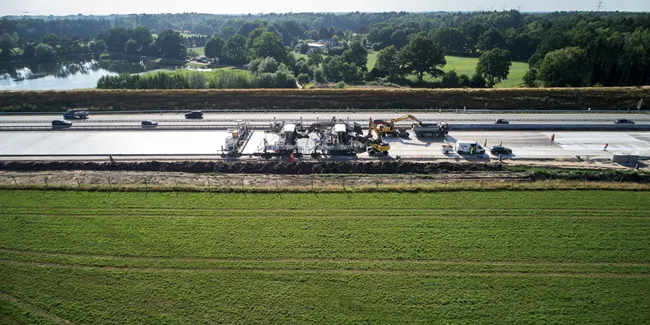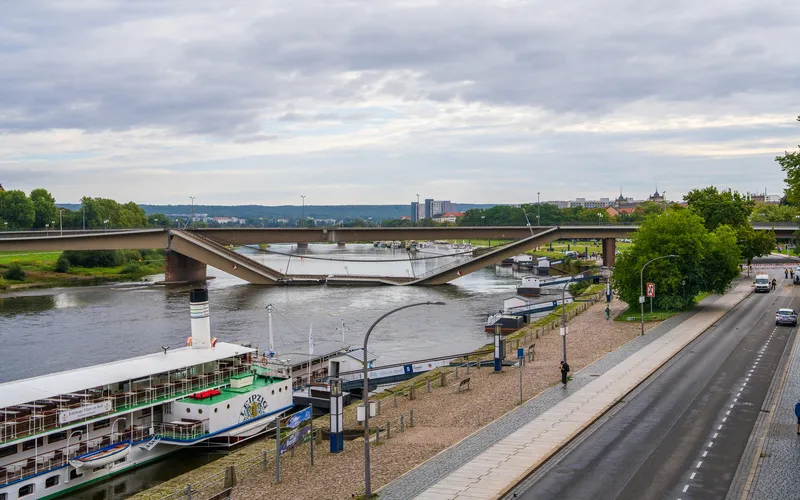A €1.6 billion project is in hand in Germany to widen the A7 Autobahn between Bordesholm and Hamburg's tunnel Elbtunnel. Funding for the project is being provided jointly by the German Government, the city of Hamburg, the province of Schleswig-Holstein and the German engineering firm Deutsche Einheit Fernstraßenplanungs- und -bau (DEGES). The work should be complete by 2018. The project involves increasing the number of traffic lanes in the Schleswig-Holstein section from four to six and in Hamburg from six
May 20, 2015
Read time: 1 min
A €1.6 billion project is in hand in Germany to widen the A7 Autobahn between Bordesholm and Hamburg's tunnel Elbtunnel. Funding for the project is being provided jointly by the German Government, the city of Hamburg, the province of Schleswig-Holstein and the German engineering firm Deutsche Einheit Fernstraßenplanungs- und -bau (DEGES). The work should be complete by 2018. The project involves increasing the number of traffic lanes in the Schleswig-Holstein section from four to six and in Hamburg from six to eight, so as to boost capacity. Three bridges have already been removed, with a further three requiring demolition. The project will be the largest in the north of Germany once work is fully underway. This section of the A7 Autobahn is amongst the busiest routes in Germany.








